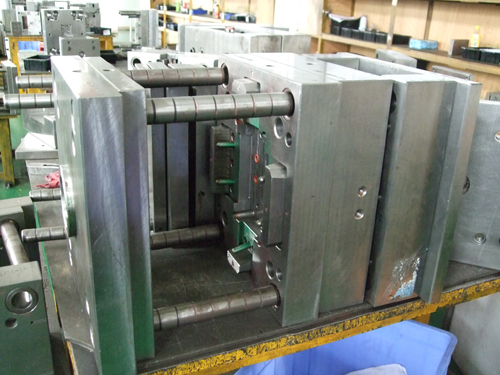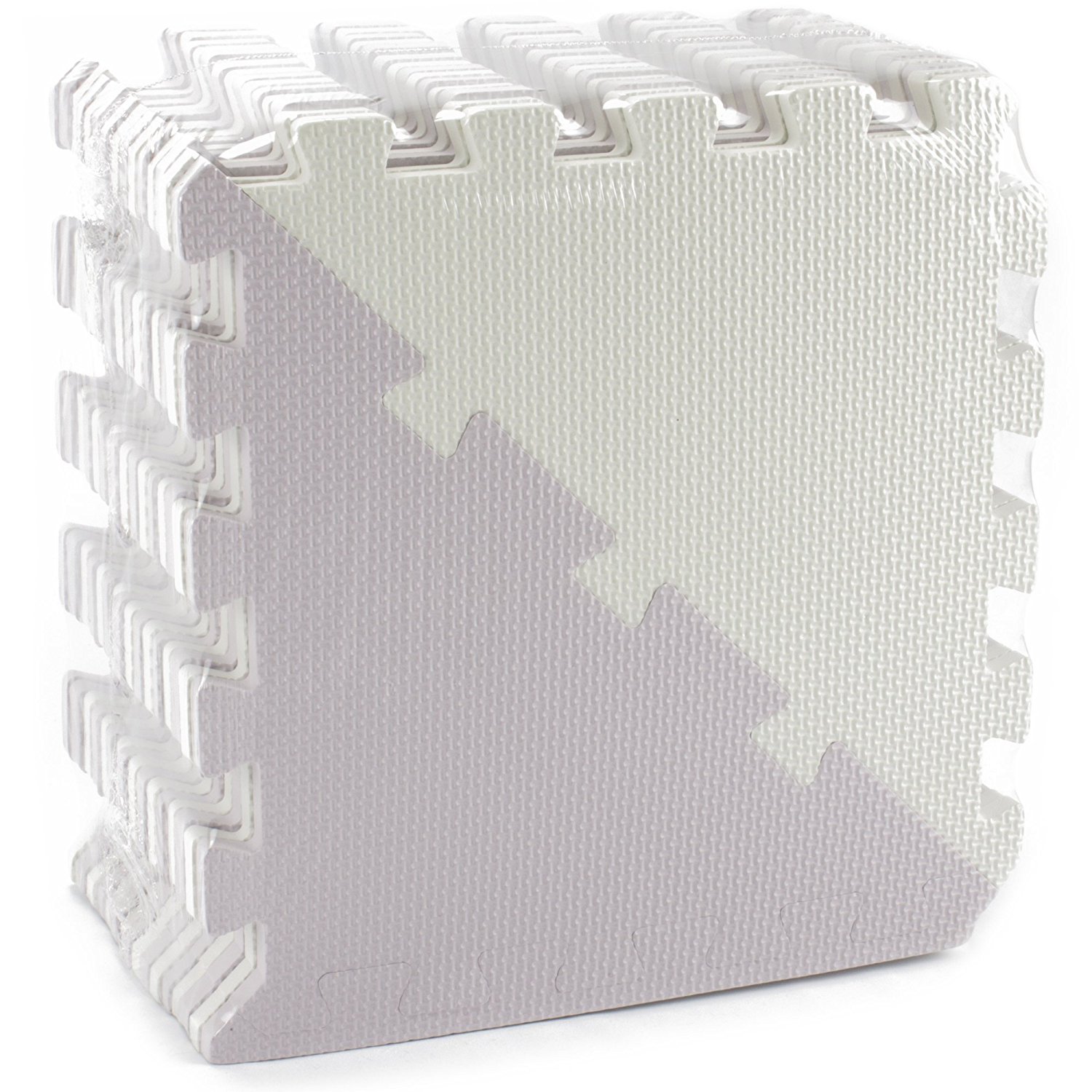Mold industry knows each other *** Japanese mold gap
Triangle Puzzle Mat is a modern and fashion foam puzzle mat compared with the normal square puzzle mat. It looks great in any room of the house will add to your home`s decor and style. While providing a safer environment for play and learning time.
Take them with you on picnic
or camping or place in your kid room and have fun on these soft and safe puzzle
mats. Comfortable to walk on and fun to play on these mats will become favorite
of your kids. Available in beautiful colors you can put them together in any
funky design and shape.
Triangle Puzzle Mat,Kids Triangle Puzzle Mat,Triangle Foam Puzzle Mat,Interlocking Triangle Puzzle Mats,Triangle Kids Foam Puzzle Mat,Triangle Interlocking Puzzle Mat Huizhou City Melors Plastic Products Co., Limited , https://www.melorsfloor.com A worker actually spent 20 minutes looking for a tool during working hours.
A worker actually spent 20 minutes looking for a tool during working hours.
Who is the business? More than 90% of Japanese employees answered "employees," and over 90% of Chinese employees answered "owners."
Did the entrepreneur realize that the company is a human community, not a community of advanced equipment?
"Many enterprises are not inferior to the Japanese companies of the same scale in the introduction of equipment. The development goals of Changzhou's mold manufacturing should be high-end and precision."
Sitting at the opposite side of the author, Dr. Pan Zhiren from the Business Department of the Kobe University of Circulation Science in Japan, dressed in a light-colored T-shirt, is gentle and astute in his thinking. He discusses the current situation and future of mold making in Changzhou.
Since 2004, Pan Zhiren spent four years studying the growth and development of the mold industry in Changzhou. In October last year, he published the book “Manufacturing Power of Chinese Enterprisesâ€, which caused a sensation in the Japanese industry. A professor at Kobe University praised: “No Japanese scholar has so far analysed Chinese companies so profoundly.â€
This time, Changzhou Mold and Die Industry Association and the Yangtze River Delta Mold City invited. Pan Zhiren made a special trip to attend the 2008 Changzhou Mold Design Competition. Yesterday, the author interviewed the Dr. Changzhou National “Transnational Corporation and Corporate Management†in the hotel where he stayed.
In October 1988, Pan Zhiren had major management studies at Kansai University and Kobe University in Japan. In December 2004, after completing studies on how Japanese companies invest abroad and how Chinese companies went abroad, Pan Zhiren turned his sights to his hometown, Changzhou, known as the cradle of China's mold industry. “Changzhou is a microcosm of Chinese manufacturing. For scholars, it is a very good research model."
With the help of Wang Jingcheng, general manager of Changzhou Jingjia Precision Mould Co., Ltd., Pan Zhiren used the participation observation method to deeply study a number of representative mold companies in Changzhou. "Every day and work with the workers to observe how they mold design and manufacturing, because I must write the book to speak with the facts." In 4 years, he has studied each company more than four times, each for a period of two weeks.
After four years of research and observation, Pan Zhiren believes that many mold companies in Changzhou have more problems to solve than Japanese companies: For example, internal management of enterprises is not strict. In Japan, the 5S management standard is the most basic requirement for each company. In China, there are not many SMEs that can truly meet the 5S standard. He once saw with his own eyes that one worker spent 20 minutes looking for a piece during working hours. tool. Internal management is not strict, which directly leads to low labor productivity, and the efficiency of enterprises does not increase. In addition, the staff's professionalism is not enough. Who is the business? - The same problem, more than 90% of Japanese employees answered "employee"; more than 90% of Chinese employees answered "boss." Differences in thinking and thinking have led to widespread job-hopping among domestic companies. It is difficult for employees to establish their own technology and enterprises are restricted by their development. The root cause is that “entrepreneurs do not realize that enterprises are human communities, not the community of advanced equipment.â€
Pan Zhiren believes that the development of the mold industry directly reflects the level of manufacturing in a country and a region. The industries in France and Japan are all derived from the support of a well-developed mold industry. Compared with Japan, the mold industry in Changzhou also has many advantages. “Changzhou companies are all young people, with energy and hope. In Japan's mold and die companies, the age of workers is mostly more than 50 years old, and there are few successors.†Pan Zhiren believes that in the future development, Changzhou mold industry should not use “ The most sophisticated machine tools produce lower-end molds, and they must climb high-end precision molds such as mobile phones and digital products. At the same time, they must extend the industrial chain. Mold companies must not only produce molds but also produce end products to improve their profitability. At the same time, Changzhou's mold enterprises should speed up technical cooperation with foreign advanced companies, establish their own brands, and use Changzhou Science and Education City to cultivate high-end talents.
Pan Zhiren told the author that he will help Changzhou, relying on the mold city of the Yangtze River Delta, introducing mold experts from Japan, establishing a public technology and talent service platform, comprehensively upgrading the level of the mold industry in Changzhou, and promoting the development of “Changzhou Manufacturingâ€.
